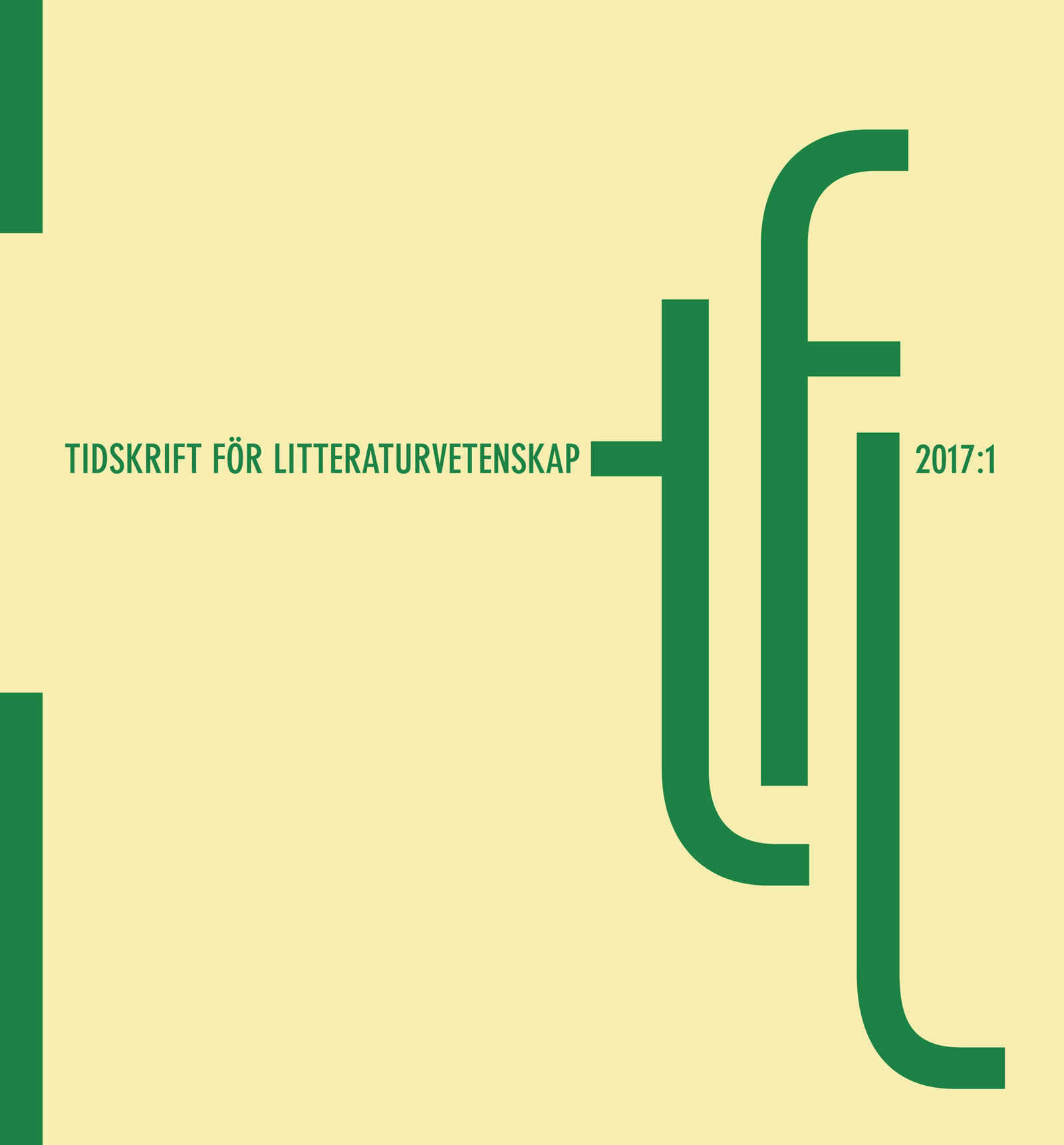”Ett långt golv att gå sig trött på”
Om prostitution och de prostituerade i Ivar Lo-Johanssons Kungsgatan
DOI:
https://doi.org/10.54797/tfl.v47i1.8434Nyckelord:
working-class literature, interwar period, the prostitute, urbanity, city representationsAbstract
”A Tiresome Walk on an Endless Street”. Prostitution and the Prostitutes in Ivar Lo-Johansson’s Kungsgatan
Ivar Lo-Johansson’s novel Kungsgatan (1935) is set in Stockholm in the late 1920s, a period when the migration from the Swedish countryside to the city accelerated and reached its peak. It belongs to the tradition of modernist novels focusing on the city and the urban experience. In this article, the ambition is to discuss a more sinister side of urbanization: prosti tution and the representation of prostitutes in the novel. Prostitution is here dependent on migration, uncertain opportunities on the job market for women, and the expansion of modern capitalism. The representation of the prostitute can be seen as a critique of the contemporary, modern society. In order to broaden the discussion, a discourse-oriented perspective is applied to the novel’s depiction of the causes of prostitution, which it relates to female sexuality, as well as to class and social roots. This explanatory discourse is influenced by both Christian and sociological views on prostitution. One of the arguments in the article is that the novel formed part of the debate on prostitution that followed the decision to abolish the law of regulation in 1918. In the novel, the question of regulation is deeply connected to the fear of venereal diseases, which at the time were incurable.
Nedladdningar
Downloads
Publicerad
Referera så här
Nummer
Sektion
Licens
Författaren/författarna behåller copyright till verket






